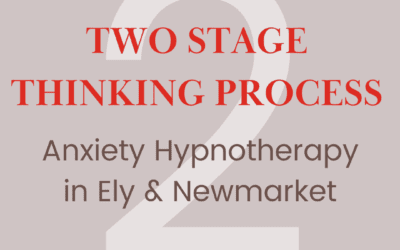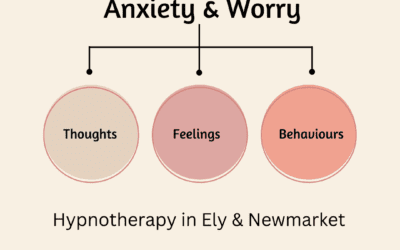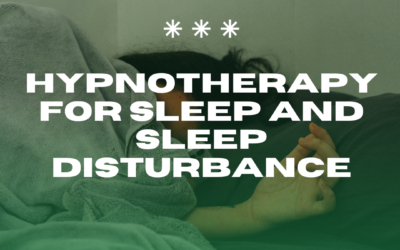Required
Dealing with Flight Anxiety – Hypnotherapy Ely and Newmarket
Dealing with Flight Anxiety – Hypnotherapy Ely and Newmarket
Flight anxiety can be made up of a whole load of anxious thoughts, feelings and behaviours. For some, their generalised flight anxiety can mean that even seeing a plane or hearing about someone else’s flight can stir up all that anxiety and fear. There will also likely be anticipatory flight anxiety where you can worry from the moment you buy a ticket right through the airport and getting into the cabin.
And there will certainly be the anxiety once the plane doors close and the crew start going through the safety regulations. It may be the take off that bothers you most or being way up in the air. You may feel anxious during landing, or maybe even more relaxed at the end of the flight because you know you are only minutes away from being back on the ground. And a combination of sounds, movements and turbulence can all contribute to your fearful anxiety and worry.
And as if the flight and flying itself wasn’t enough to already ramp up your anxiety about being on a plane, there can also be other things that contribute. You may worry about passing out or having a panic attack on the plane. You may feel anxious about whether you will even be able to get onto the plane or whether you will have to abandon your plans, let people down and head back home. And, naturally, your anxious imagination can conjure up all sorts of disaster scenarios and catastrophes that add to your uncomfortable feelings.
Logically you know that flying is the safest mode of transport and you may even be fed up with being told this repeatedly. Yet flight anxiety will always win over logic and reason and so the dread, avoidance and discomfort continue to run and run.













